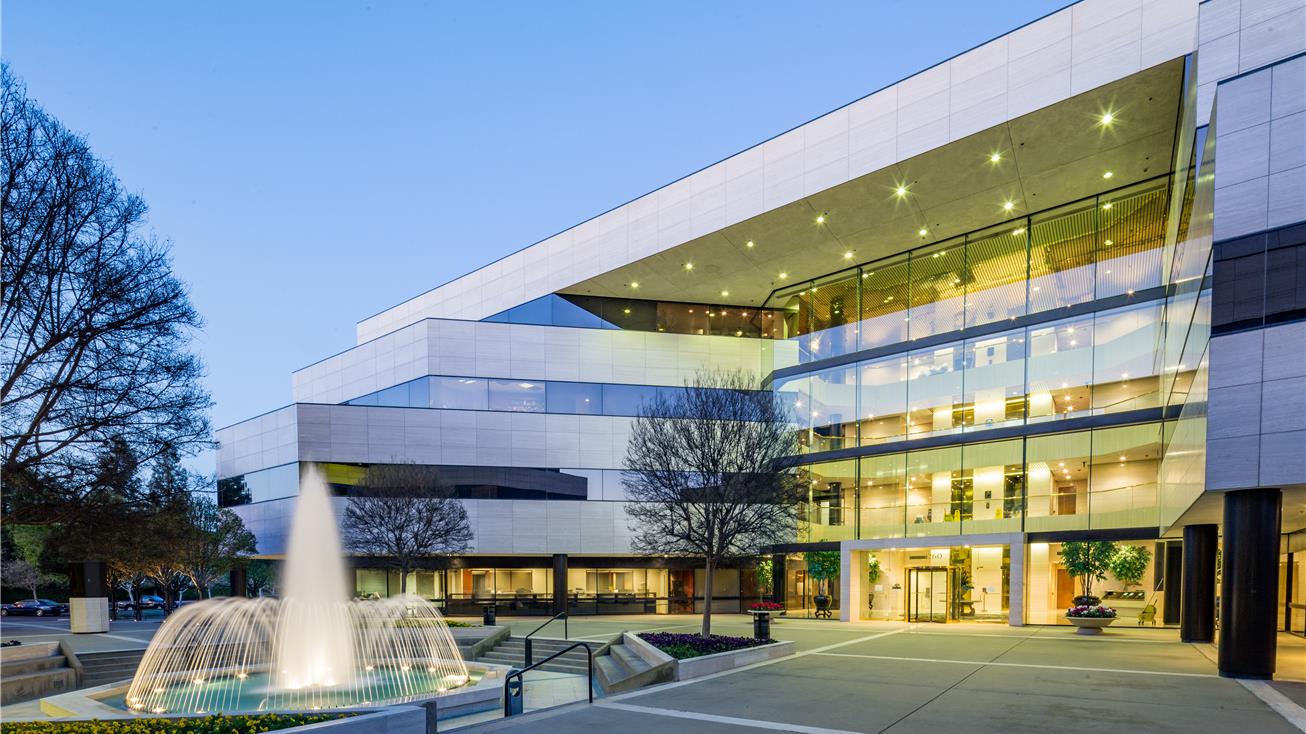As County Assessor my job is to complete and maintain the assessment roll that shows the values and status of all property in Fresno County.
The roll, or tax roll, is the basis upon which the Tax Collector prepares and sends out property tax bills to property owners of record. Property taxes are the glue that allows the Board of Supervisors to maintain vital services in their area, as they provide funding for the first responders, K-12 schools, cities, and special districts.
Having served in this position for the past twelve years, I am able to make certain observations and suggestions that, if implemented, will support urban development, foster job opportunities, and strengthen the financial foundation of the County.
Fresno County includes the City of Fresno, California’s fifth largest city. For several decades, Fresno County has had a policy of referring industrial, commercial, and residential projects proposed for development in the County to the City of Fresno, which, upon annexation of land to the City, would provide urban services such as sewer, water, and public safety (police, fire, and emergency medical).
However, in the last few years, the City of Fresno has refused to accept development proposals and permit the annexation of land, in the false belief that the allocation of property taxes between Fresno County and the City of Fresno unfairly favors the County.
Nothing could be further from the truth when all taxes—property, sales, and special-use taxes are taken into consideration.
The City of Fresno’s past reluctance to support development by annexing additional land into the City now presents a new opportunity for Fresno County, and all its residents—whether they live in the unincorporated area of Fresno County or within the city limits of the City of Fresno—to accommodate industrial, commercial, and residential development, and thereby generate additional tax revenue for both Fresno County and the City of Fresno alike.
To be sure, the process of accomplishing the twin goals of accommodating development in the unincorporated area of Fresno County and generating tax revenue would be challenging for the County, but when has a goal with potentially significant positive results ever been easy to achieve?
As the saying goes, “No Pain; No Gain.”
Fresno County’s accommodation of development would unfold and be implemented over a period of years. It would require that the County rescind its existing development referral policy and necessitate changes in the County’s General Plan.
Reliable sources of water would have to be identified, as well as the means of providing urban services and financing public infrastructure to deliver those services. Challenging without question, but certainly feasible.
One need only look to Fresno County’s neighbor to the north, Madera County, to witness the results of bold leadership. The phenomenally successful residential communities of Riverstone and Tesoro Viejo are testament to what Fresno County can accomplish. Valley Children’s Hospital and ancillary medical facilities and offices for health-care professionals will be followed by even more commercial and industrial developments.
Other California counties—Sacramento, Orange, and San Francisco—stand out as examples of what have come to be known as an “urban counties,” i.e., counties providing traditional urban services to significant populations residing in unincorporated areas.
One thing is certain: if Fresno County does not begin addressing the prospect of accommodating urban development in the County’s unincorporated areas, Fresno County will never realize its full potential to maximize tax revenue for all Fresno County residents, including those residing in the County’s 15 incorporated cities.










